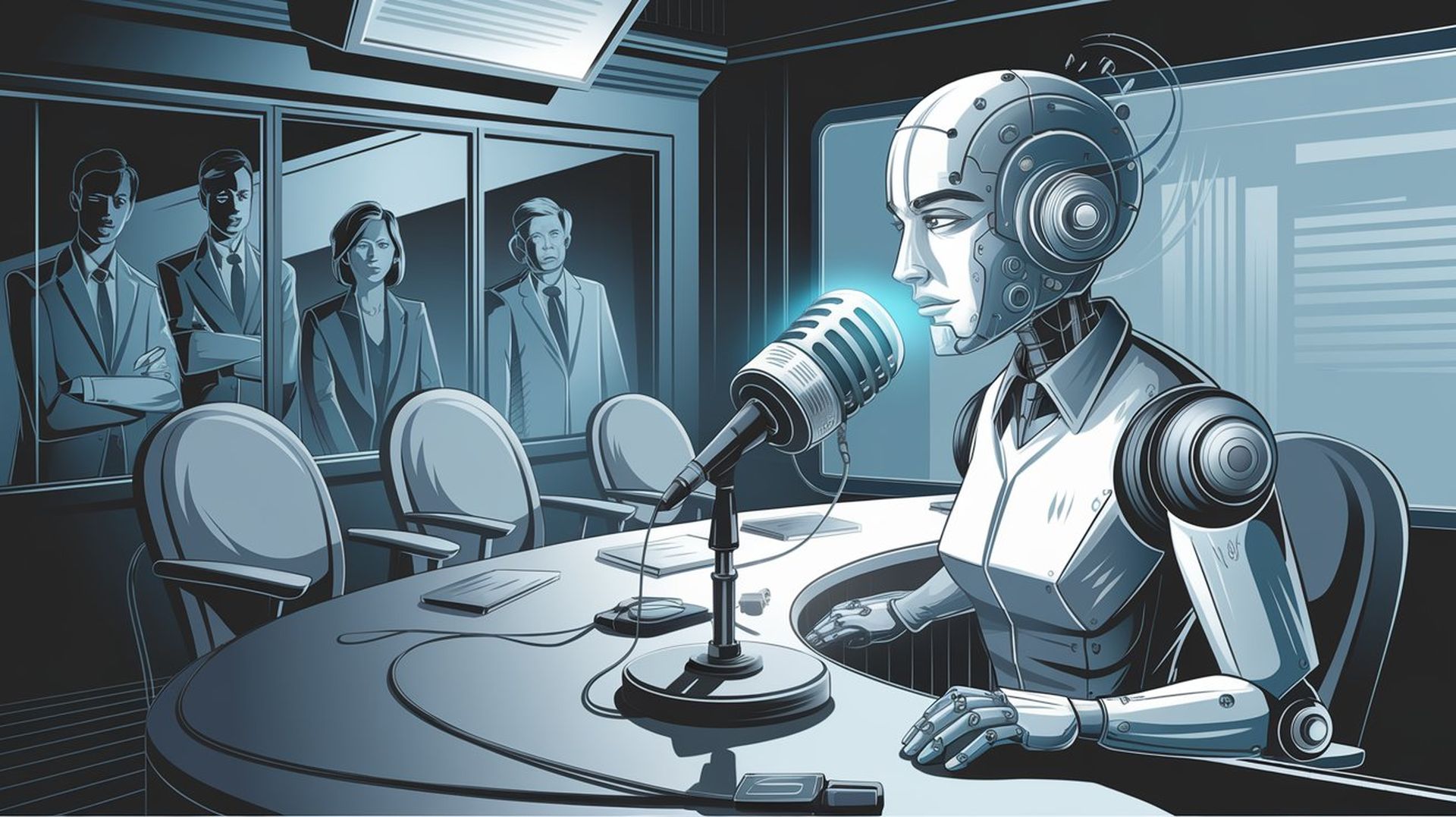Off Radio Kraków, a state-funded radio station in Poland’s second-largest city recently shocked Poland and the international community by ending its innovative trial of AI hosts replacing human journalists. The choice has sparked heated discussions regarding the moral consequences of AI in media, possible employment reductions, and the political consequences of state participation in such technological progressions.
The sudden substitution of human journalists by AI-created hosts has angered many listeners and industry professionals. As a reporter at Off Radio Kraków, Mateusz Demski led a public statement denouncing the station’s choice. Demski emphasized concerns that AI could replace skilled professionals in different creative areas, referring to it as a concerning precedent affecting everyone. The public letter received rapid backing, with over 15,000 signatures in just one day, showing widespread worry about ethical AI usage in journalism.

The AI experiment that rocked Poland’s media: Public outcry, ethics, and the future of journalism
Critics claim that eliminating the human element necessary for detailed reporting and genuine audience interaction weakens the integrity of media. The ethical discussion revolves around AI’s ability to accurately emulate the critical thinking and compassionate understanding that human journalists contribute to their work. Furthermore, there are concerns among media watchdogs and the public about AI potentially spreading misinformation and undermining accountability in reporting.
The fact that Off Radio Kraków is a state-owned entity adds a significant political dimension to the controversy. Government officials have been compelled to address the issue, with Deputy Prime Minister Krzysztof Gawkowski weighing in. “Although I am a fan of AI development, I believe that certain boundaries are being crossed more and more. The widespread use of AI must be done for people, not against them,” Gawkowski remarked, emphasizing the need for balanced regulation.
The station officially justified the experiment’s termination as a response to “the need for appropriate regulations on the use of artificial intelligence in the media.” This acknowledgment points to a broader recognition of the challenges posed by integrating AI into public services and the necessity for comprehensive policies to govern its application. The Polish government is now pressured to establish clear guidelines that protect jobs and maintain ethical standards as AI technologies evolve.
While Off Radio Kraków has ceased its AI-driven operations, the incident underscores the critical conversation about the role of artificial intelligence in creative industries. Media organizations worldwide grapple with similar dilemmas as technology advances, balancing innovation with preserving human expertise and employment.
The fallout from this experiment serves as a cautionary tale for other state-funded and private media entities considering the adoption of AI. It highlights the importance of engaging stakeholders, including employees and the public, in discussions about technological integration to ensure that advancements benefit society without compromising ethical standards or economic stability.
As the debate rages on, it remains to be seen how Poland and other nations will navigate the complex interplay between AI innovation and the fundamental human elements that drive media and communication.
Image credit: Furkan Demirkaya/Ideogram





